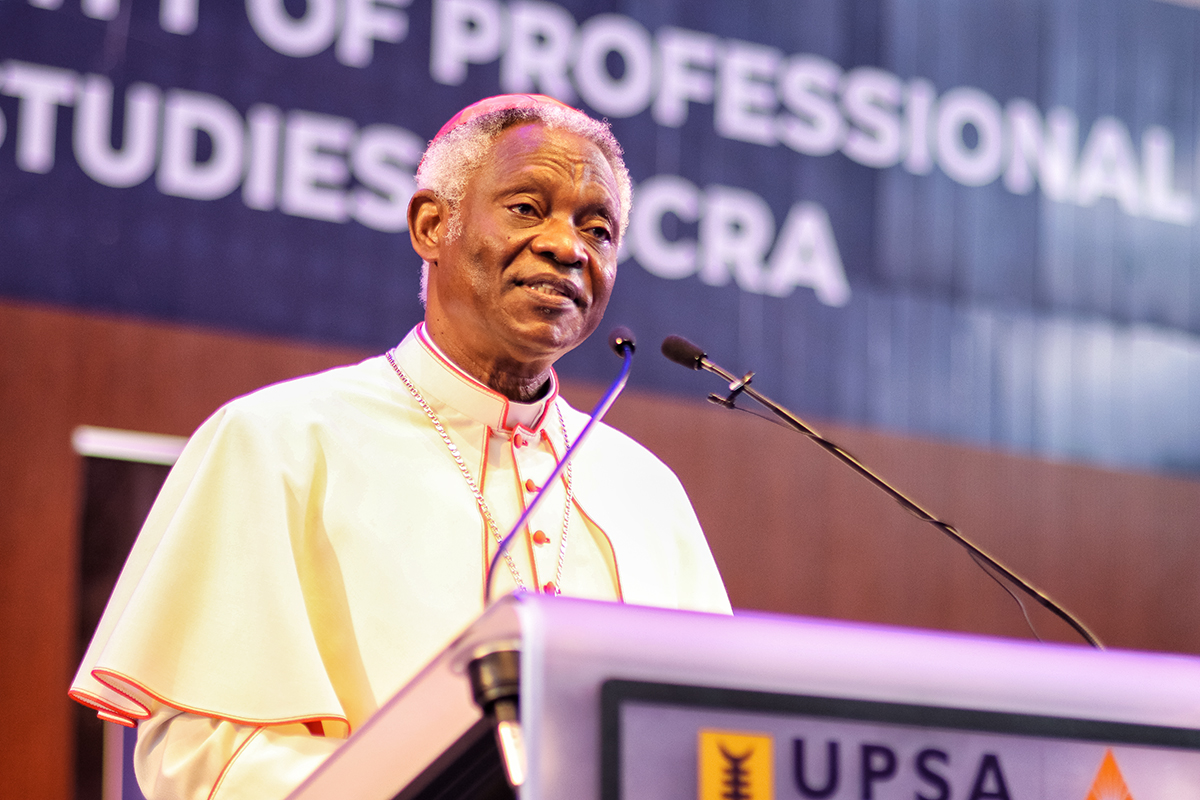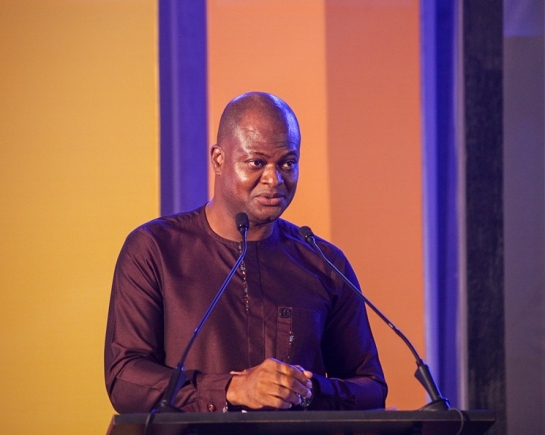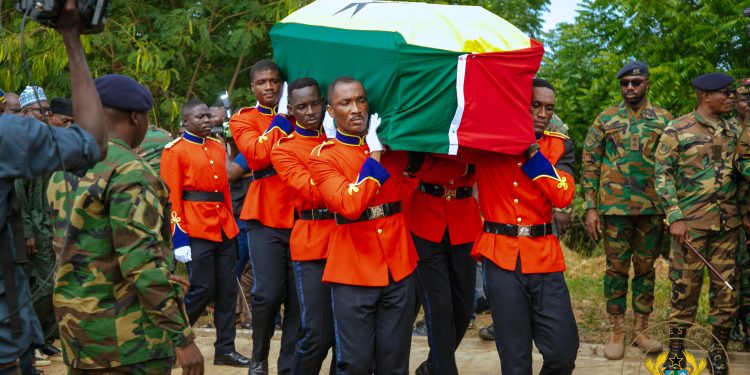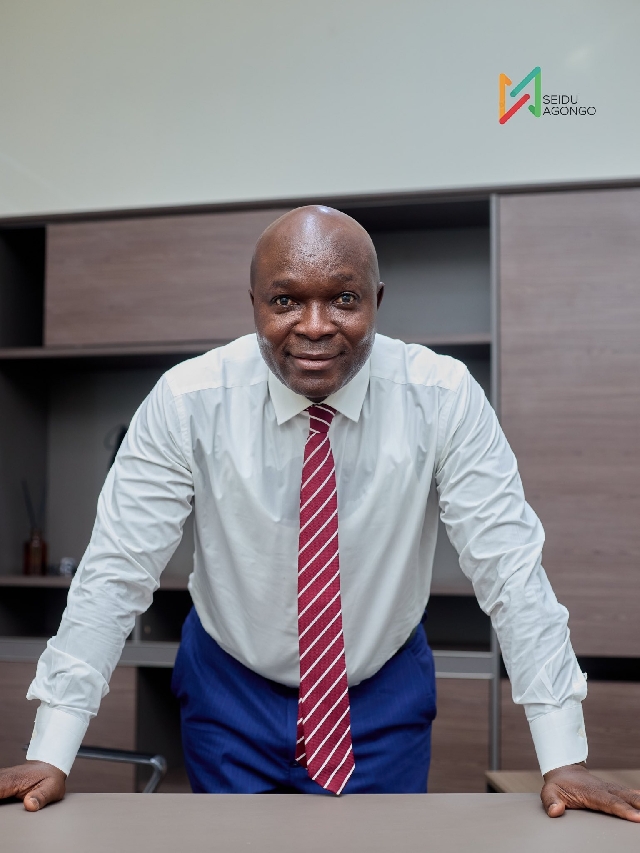Cardinal Peter Kodwo Appiah Turkson, Chancellor of the Pontifical Academy of Sciences and Social Sciences, has called on religious leaders and prophets to exercise spiritual discipline and intercession before making public any prophecy, particularly those forecasting national calamities or involving high-profile individuals.
The Cardinal’s remarks follow a directive issued by Ghana’s Presidential Envoy for Interfaith and Ecumenical Relations, Elvis Afriyie Ankrah, which instructs that all prophetic revelations related to governance, public safety, or national security be submitted for official review prior to public disclosure.
The directive, released Sunday, August 10, comes in the wake of a fatal helicopter crash on August 6 that killed eight people, including two cabinet ministers, sparking a wave of unverified prophetic claims on social media.
Speaking in Ghana on Wednesday, August 13, during a press briefing ahead of the August 22 inauguration of the John Kofi Turkson Memorial Institute—named for his late brother who died in a 2000 air crash—Cardinal Turkson underscored the theological and moral weight of prophecy.
“If a prophecy reveals the possibility of disaster, the first response should be prayer and intercession, not public announcement,” he told Citi News. “Abraham interceded when God revealed His intent to destroy Sodom. The same principle applies today.”
The Cardinal cautioned against the use of prophecy to assert spiritual superiority, suggesting that the credibility of modern prophets remains difficult to define.
“It is often said that people should only listen to credible prophets. But who defines credibility—and by what standard?” he asked. “If God shares knowledge with you, consider its implications deeply. If it requires divine intervention, seek that before seeking attention.”
Cardinal Turkson’s comments reflect growing concern among religious and political leaders about the role of prophetic messages in shaping public sentiment, particularly during times of crisis.













